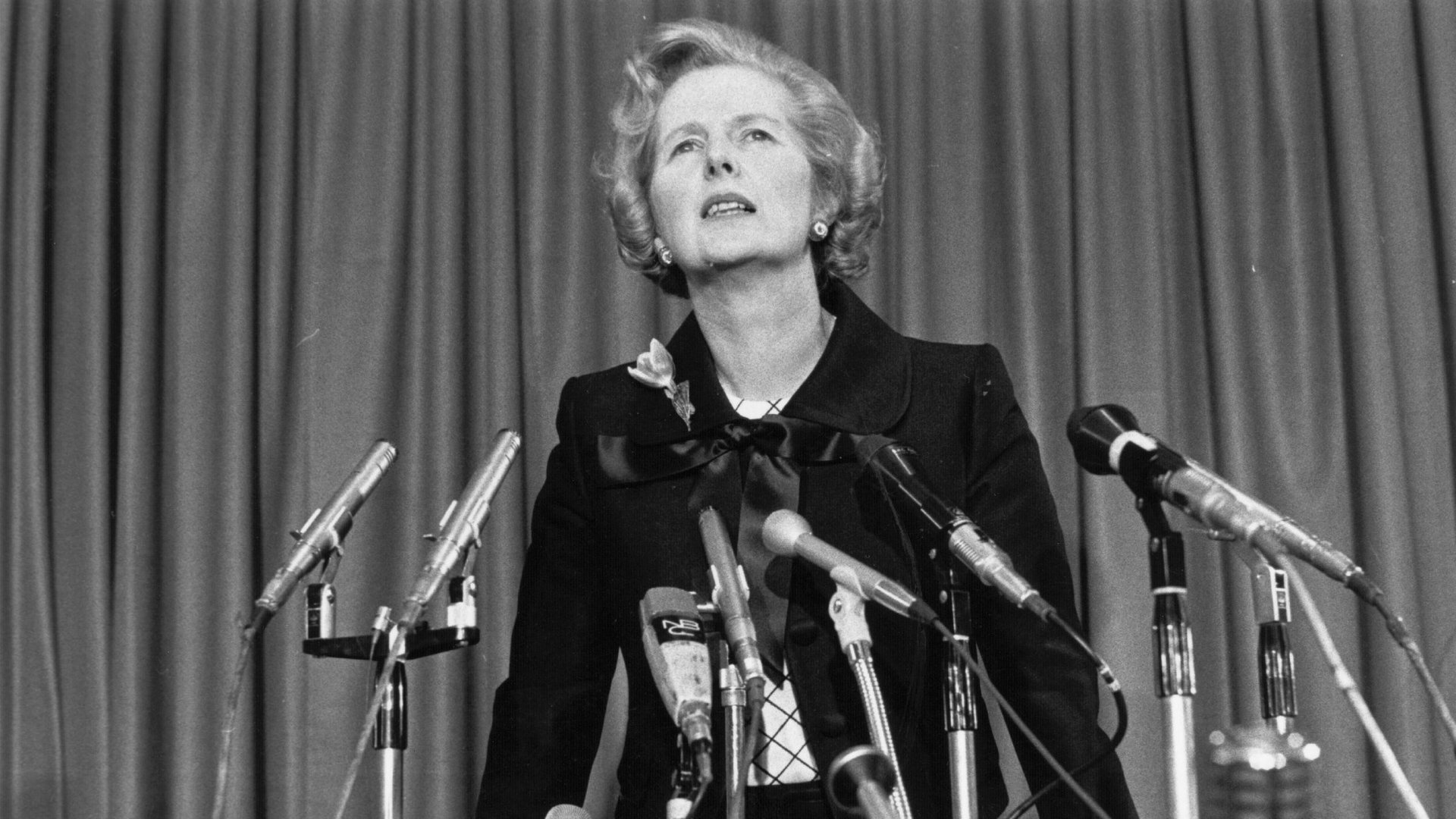The free markets unshackled by Margaret Thatcher are seriously under threat
Margaret Thatcher died on Monday at 87. It will be several decades before we know what her legacy was.

Margaret Thatcher died on Monday at 87. It will be several decades before we know what her legacy was.
This may sound strange. Shouldn’t we know what she meant to history? She can no longer change what she did. Her life has ended and her deeds are done. Yet, her legacy does not depend on her alone. She embodied the values of the self-reliant, freedom-loving, dependable individuals on which Western Civilization was founded. Only in the future we will know whether she was the swan song of such values and individuals, or the avatar of their renaissance in the difficult transformations that we are experiencing in the 21st century. This final definition depends on what we do in response to those radical transformations.
As a Conservative politician, Thatcher was all about coping harmoniously with change. Her career blossomed at a time in which Britain seemed to have lost its knack to innovate and lead. After having pioneered the Industrial Revolution to become the most powerful country in the world, it had steadily decayed as a political and economic leader since at least World War I. It was no longer capable of change.
With a series of bold political actions in the late 1970s and early 1980s, Thatcher proved that the root cause of such decline was the sociological environment created by the surrender of self-reliance to an all-encompassing state that aimed at managing everything. The country was mired in a cobweb of bureaucratic rules and obstacles that paralyzed its society. She liberalized Britain, devolving to the private individual the freedom to act, innovate and grow, thus devolving these abilities, which had been sequestered by the state, to society as whole.
Thatcher’s policies could not have been timed better. It was precisely during her guard that the Industrial Revolution, which multiplied the power of the muscle, was giving way to a new technological revolution, which is multiplying the power of the mind. This new revolution has been shaking all the social, economic and political structures around the globe since those times. The rigidities introduced by the state control of the economy and all the dimensions of life that flow from it prevented the adjustment of the Soviet Union to the new world that was emerging, and led to its collapse. While much less rigid, Britain was headed in the same direction for lack of innovation and adjustment to change. Margaret Thatcher’s policies removed such rigidities. Britain blossomed again.
Her success was such that through her country she influenced the entire world. A wave of liberalization ran through the globe, facilitating the radical technological progress that the world has experienced in the last 20 years as well as the accompanying disappearance of country borders for goods, services and knowledge. The change has been so deep and fast that the children of the 21st century cannot understand how the world was just a few years ago. This could not have happened without Margaret Thatcher and her reassertion of the creativity of freedom and self-reliance as opposed to the weakening dependence on an ever-larger government.
Today, self-reliance and the love of freedom are again threatened by a large state that promises to resolve all problems through legislation, restrictions, prohibitions and the like—the opposite of what adapting to change requires. We will give a final shape to Margaret Thatcher’s legacy through our response to this new threat. We can turn her into a reminder of the virtues that made the West great in a faraway past, or into a living force leading a reassertion of such greatness.